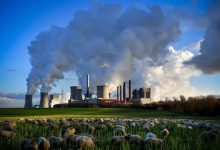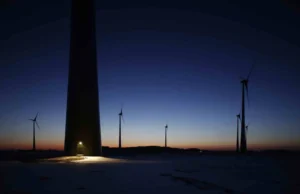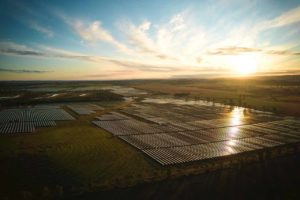Several lignite power plants in Germany will be allowed to return to the market this winter to help secure supply and save gas during the heating period, said the economy ministry in a press release.
The government will draw on a regulation from the past winter, which allows the plants to run while the country’s “alert level” of the gas emergency plan is activated (it has been in place since 23 June 2022 and will likely remain active throughout winter), or the ultimate “emergency level” is initiated.
Thus, the power plants can participate in the market from October this year to the end of March 2024.
The economy ministry said that the goal of completing the German coal phase-out “ideally” by 2030 remains unaffected by the decision, as do the climate targets.
After the winter, the government will evaluate whether the measure has led to additional greenhouse gas emissions and, if that is the case, make a proposal on how to compensate them.
The energy crisis, fuelled by Russia’s invasion of Ukraine, severely limited Germany’s gas supply since early 2022. In response, the government introduced several measures to guarantee supply security, such as bringing old coal plants back online for a limited time, or calling on citizens and businesses to save gas.
Thanks to a mild winter, Germany managed to avoid large-scale gas shortages in early 2023, but the coming winter remains a challenge, depending on winter temperatures and heating energy demand.
This article was originally published on Clean Energy Wire. Republished here under a “Creative Commons Attribution 4.0 International Licence (CC BY 4.0)” . Read the original version of the story here.









